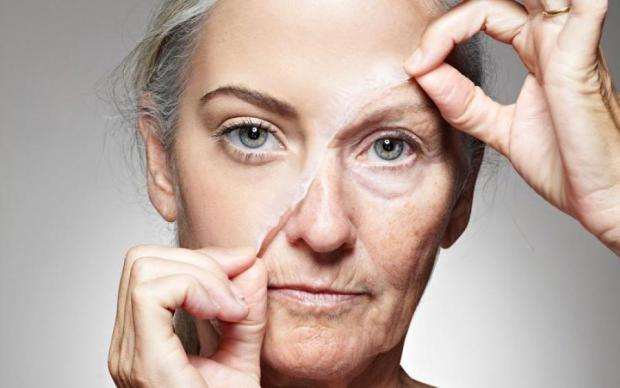
Breaking News
 Epstein Hid Secret Files in Storage Units Across the US, May Include Unseen Evidence of Crimes
Epstein Hid Secret Files in Storage Units Across the US, May Include Unseen Evidence of Crimes
 Mexico's Cartel Decapitation Strike Fallout: "Not The End, Just The Beginning"
Mexico's Cartel Decapitation Strike Fallout: "Not The End, Just The Beginning"
 At least 25 National Guards killed in violence after death of Mexican drug lord
At least 25 National Guards killed in violence after death of Mexican drug lord
 Buried in DOJ Files: Epstein Was a Fixer for Rothschild Banking Dynasty
Buried in DOJ Files: Epstein Was a Fixer for Rothschild Banking Dynasty
Top Tech News
 New Spray-on Powder Instantly Seals Life-Threatening Wounds in Battle or During Disasters
New Spray-on Powder Instantly Seals Life-Threatening Wounds in Battle or During Disasters
 AI-enhanced stethoscope excels at listening to our hearts
AI-enhanced stethoscope excels at listening to our hearts
 Flame-treated sunscreen keeps the zinc but cuts the smeary white look
Flame-treated sunscreen keeps the zinc but cuts the smeary white look
 Display hub adds three more screens powered through single USB port
Display hub adds three more screens powered through single USB port
 We Finally Know How Fast The Tesla Semi Will Charge: Very, Very Fast
We Finally Know How Fast The Tesla Semi Will Charge: Very, Very Fast
 Drone-launching underwater drone hitches a ride on ship and sub hulls
Drone-launching underwater drone hitches a ride on ship and sub hulls
 Humanoid Robots Get "Brains" As Dual-Use Fears Mount
Humanoid Robots Get "Brains" As Dual-Use Fears Mount
 SpaceX Authorized to Increase High Speed Internet Download Speeds 5X Through 2026
SpaceX Authorized to Increase High Speed Internet Download Speeds 5X Through 2026
 Space AI is the Key to the Technological Singularity
Space AI is the Key to the Technological Singularity
 Velocitor X-1 eVTOL could be beating the traffic in just a year
Velocitor X-1 eVTOL could be beating the traffic in just a year
Is THIS the key to turning back the clock? Scientists successfully REVERSE ageing in mice...

In a promising step towards eternal youth, scientists have reversed the ageing process in middle-aged and elderly mice using a cellular 'rejuvenation' technique.
The California-based experts have shown they can partially reset mice cells to 'more youthful states', using four molecules known as the Yamanaka transcription factors.
After injecting these molecules into mice of various ages, the animals' kidneys and skin showed promising signs of rejuvenation, while their skin cells had a greater ability to proliferate and were less likely to form permanent scars.
Researchers say their 'safe' treatment could one day help humans wind back their biological clock, lowering risks of cardiovascular disease and cancer.
According to the findings, a treatment period of seven to 10 months may be required to stave off the unwanted side effects of ageing.
'The technique is both safe and effective in mice,' said Juan Carlos Izpisua Belmonte, co-corresponding author and a professor at the Salk Institute, San Diego, California.
'We are elated that we can use this approach across the life span to slow down ageing in normal animals.
'In addition to tackling age-related diseases, this approach may provide the biomedical community with a new tool to restore tissue and organismal health by improving cell function and resilience in different disease situations, such as neurodegenerative diseases.'



